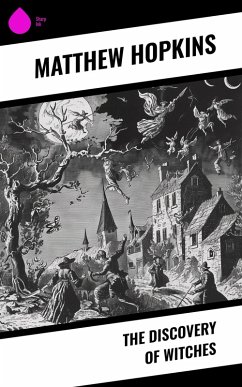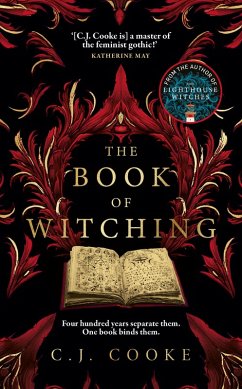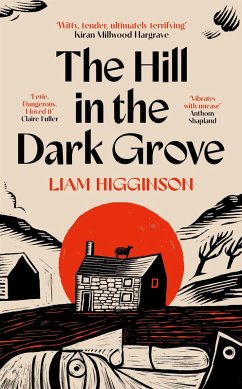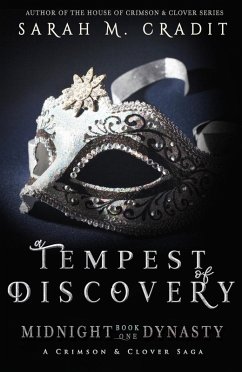
The Discovery of Witches (eBook, ePUB)

PAYBACK Punkte
0 °P sammeln!
In "The Discovery of Witches," Matthew Hopkins presents a harrowing examination of witch trials during the English Civil War, articulating the fervor and paranoia that swept through society. Written in a polemical style, the text serves both as a legal manifesto and a chilling account of the judicial proceedings that targeted countless accused witches. Hopkins employs a mixture of personal testimony and legal reasoning to justify his ruthless methods, reflecting the broader socio-political tensions of the time, characterized by superstition and religious fanaticism. This work not only contextu...
In "The Discovery of Witches," Matthew Hopkins presents a harrowing examination of witch trials during the English Civil War, articulating the fervor and paranoia that swept through society. Written in a polemical style, the text serves both as a legal manifesto and a chilling account of the judicial proceedings that targeted countless accused witches. Hopkins employs a mixture of personal testimony and legal reasoning to justify his ruthless methods, reflecting the broader socio-political tensions of the time, characterized by superstition and religious fanaticism. This work not only contextualizes the trial dynamics but also exposes the gendered dimensions prevalent in witch hunts, emphasizing the darker aspects of human belief and societal control. Matthew Hopkins, known as the 'Witchfinder General,' was a controversial figure whose relentless zeal in pursuing alleged witches led to his infamy in 17th-century England. His background as a soldier during the English Civil War likely shaped his views and his fervent belief in the necessity of rooting out perceived evil. Driven by a combination of personal ambition and a purported moral mission, Hopkins's experiences fueled his assertions in this significant yet unsettling text. This seminal work is highly recommended for scholars, historians, and readers interested in the interplay between law, morality, and superstition in early modern Britain. "The Discovery of Witches" not only documents a dark chapter in history but also encourages critical reflection on the consequences of fanaticism and the fragility of justice.
Dieser Download kann aus rechtlichen Gründen nur mit Rechnungsadresse in A, B, BG, CY, CZ, D, DK, EW, E, FIN, F, GR, H, IRL, I, LT, L, LR, M, NL, PL, P, R, S, SLO, SK ausgeliefert werden.













